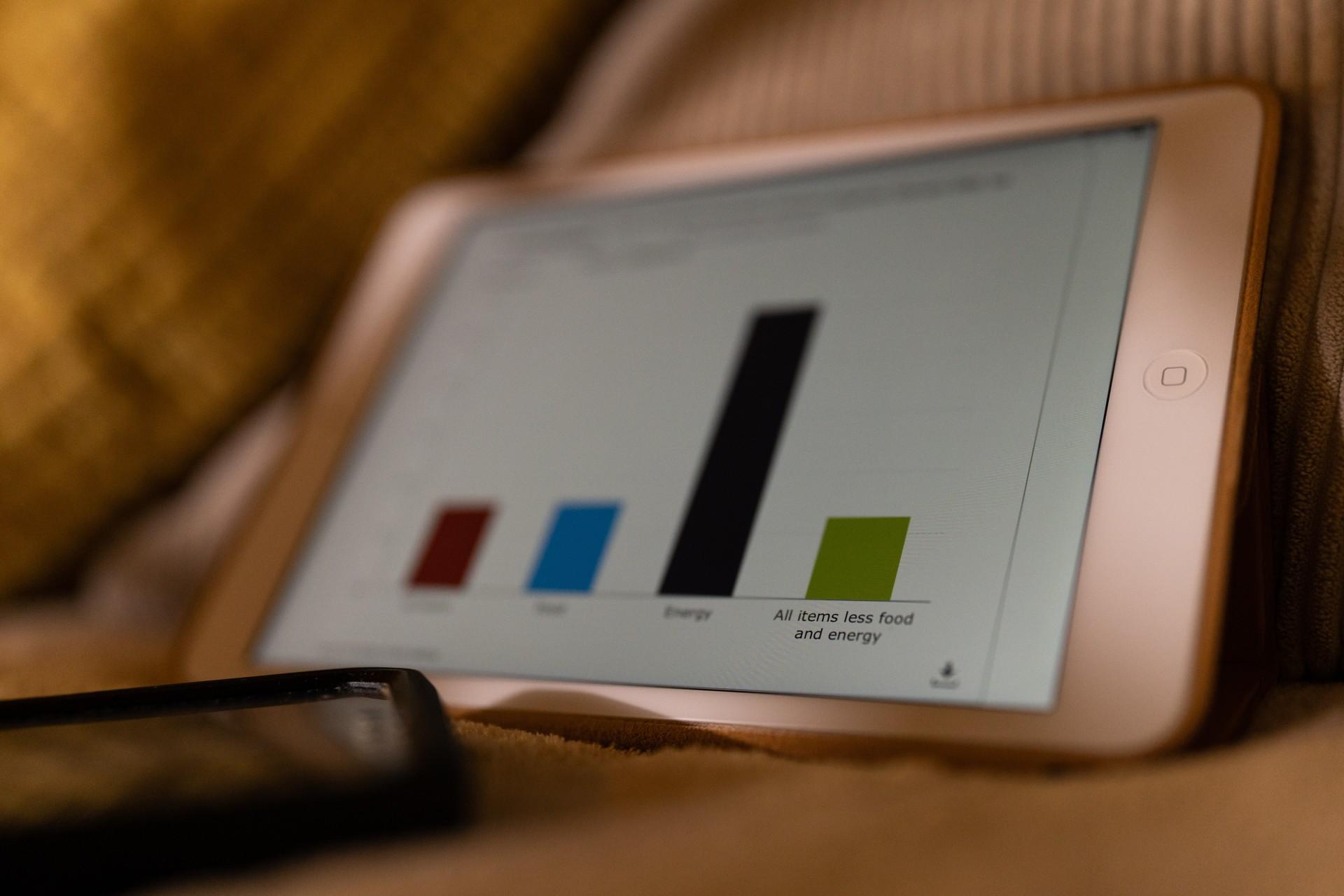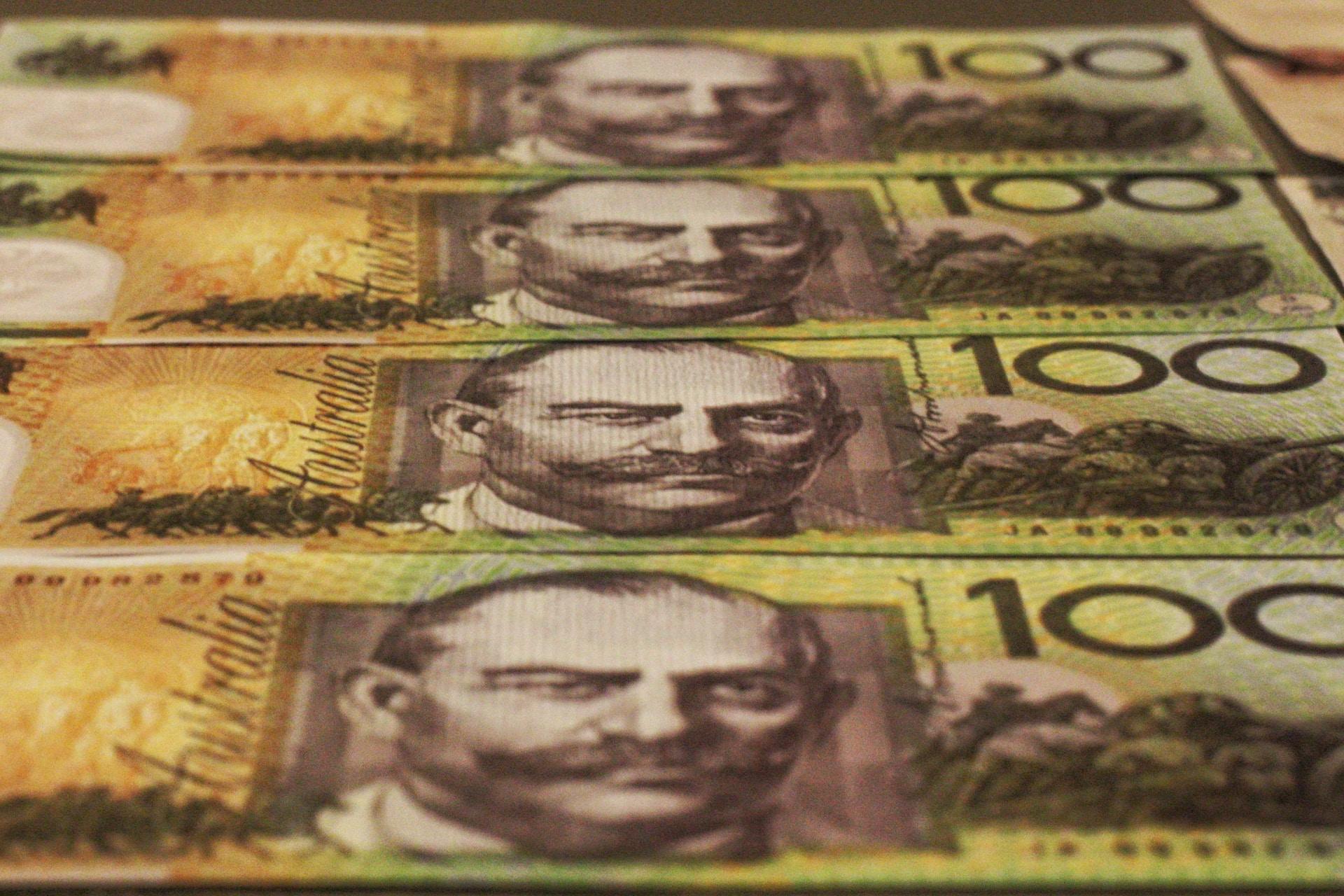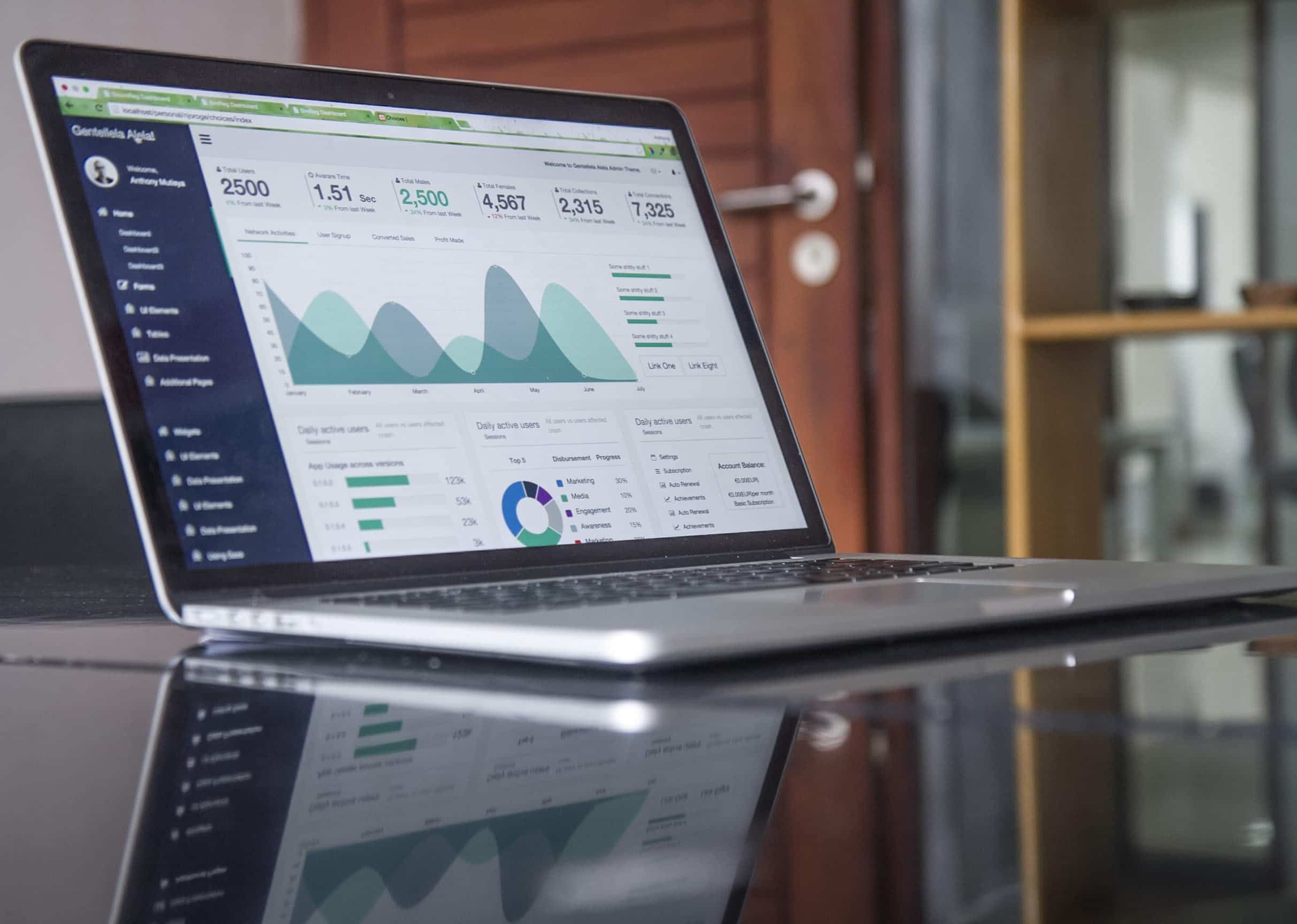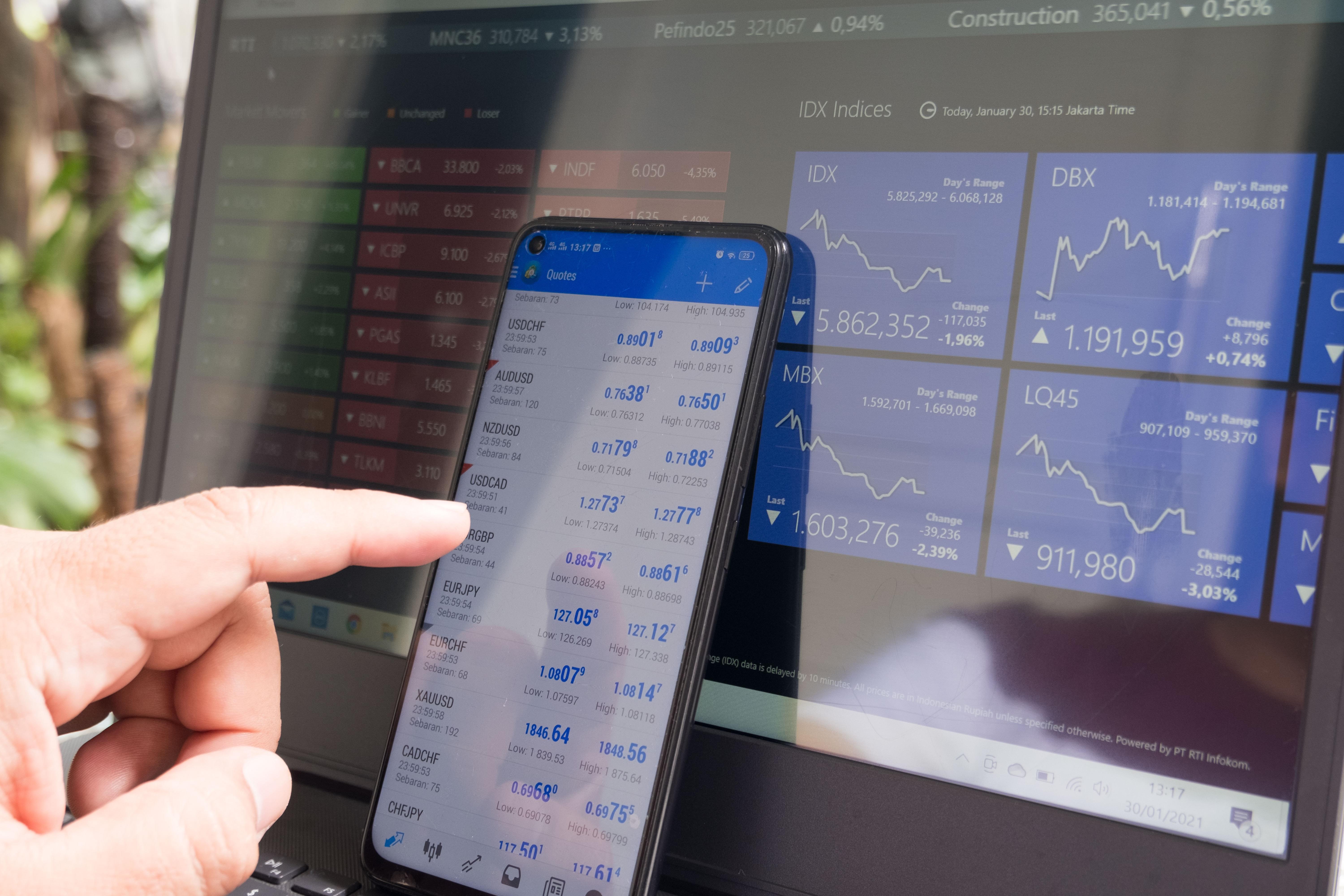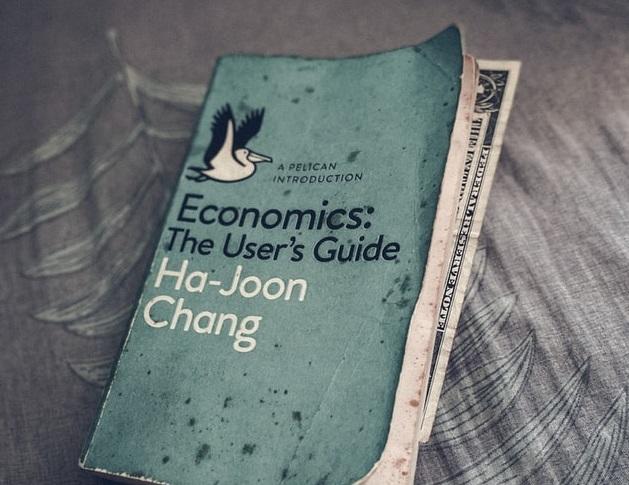Everyone is talking about inflation today, and students may wonder why they should study it if it is going to happen anyway.
There is some truth in this. Indeed, inflation is always present in our economy, even if we are not always aware of it.
However, this does not mean that schoolchildren and students should not study it. On the contrary, knowledge of inflation can be very useful.
Once students graduate from university and receive their high school diploma, they start their adult life and, among other things, will have to plan their budget to make ends meet.
Even a basic knowledge of economics and an understanding of crucial economic concepts such as inflation can help them do this.
For example, depending on the rate of inflation and current monetary policy, it may be easier or less easy to borrow, and everyone may need credit at some point.
So, even if you don't see the point of economics right now, you should think twice.
And to help you fully appreciate the importance of economics and inflation, in particular, Superprof has gathered some interesting facts for you.

What do we mean by inflation?
Inflation is an economic phenomenon that worries everyone because everyone has a limited amount of money to spend on products and services, yet many people do not even try to understand inflation in detail because it seems like a complicated term.
However, many people do not even try to understand inflation in detail because it seems like a complicated term. Why try to learn anything if you are not going to understand anything anyway?
This view is wrong for the simple reason that inflation is not really a complicated economic term, although it may seem so. For example, this can easily be seen in the very definition of the word inflation, which can be understood without any economic background.

In essence, inflation is nothing more than an increase in the price level of goods and services over a period of time. Therefore, if we go shopping and the prices of many products, such as food, have risen, we can safely say that there is inflation and that the cost of living is rising.
However, it is important to remember that inflation is a general rise in prices, not just a change in prices.
For example, the price of a particular commodity may rise because of supply problems or because of increased demand, which is usually due to a number of specific circumstances.
On the other hand, when the prices of many goods and services rise, it usually means that money itself has lost some of its value.
To distinguish inflation from a random change in a single price, economists have created a special index called the CPI (Consumer Price Index).
The CPI is based on a comprehensive basket of goods and services regularly purchased by households and is calculated each quarter by the Australian Bureau of Statistics from data from a large number of shops and markets.
This makes the CPI representative of the general price level of food and other major commodities in Australia and is often used to measure the current rate of inflation.
Find out more about the concept in our article.
Who controls inflation?
Inflation is a global process that affects the entire Australian economy, so there is not much ordinary citizens can do to stop it. But what about the government?
The truth is that in a free market economy, the state cannot regulate prices directly, but prices change according to supply and demand. When the supply of a good exceeds its demand, the price falls, and vice versa.
In theory, the state could try to influence the supply of certain products through subsidies, but this would be an infringement of free competition. Thus, supply and demand are outside the direct control of the government, like prices themselves.
However, the government, and in particular the RBA (Reserve Bank of Australia), can change the supply of money in the Australian economy, which is another driver of inflation. This is done through monetary policy and interest rates.
When the interest rate set by the RBA is high, businesses and consumers find it difficult to raise funds. The money supply is reduced and the cost of money rises (or at least falls more slowly).
On the other hand, if the RBA lowers the interest rate in Australia, households and businesses can borrow more cheaply, so money loses value and inflation in the economy rises.
So we can say that the interest rate is inversely proportional to the inflation rate, which is already a bit of a contradiction for consumers because they would like to borrow as much as they want without an increase in the cost of living.
The challenge for the RBA is to find a balance between these two rates which would be good for the economy and acceptable to the Australian population.
In our article, you can learn why inflation is so high now.
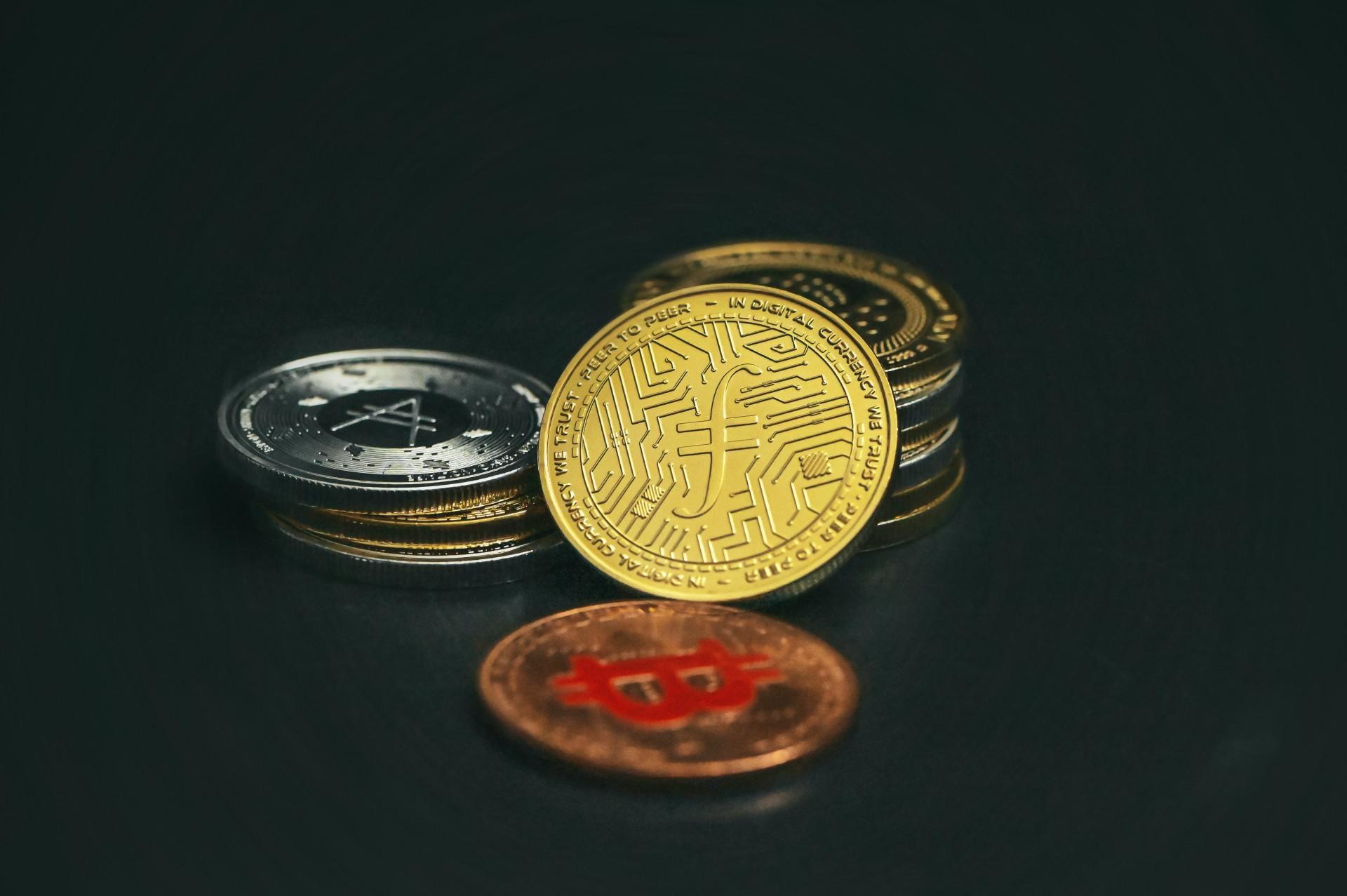
Who calculates inflation?
The CPI is an index based on the prices of products and services purchased regularly by the average consumer in Australia over the course of a year.
If the CPI is much higher at one time of the year than at another, it means that there is severe inflation in the country.
To determine the average basket of products and services needed to collect data and calculate the CPI calculator, statisticians try to identify the most common goods for all Australians, regardless of their income and social background.
For example, the average basket of goods and services is likely to include bread, butter and milk, while the price level of sports watches or pool tables is likely to be ignored.
Thus, the CPI and inflation rate, if they reflect inflation, will be representative of Australia as a whole and not just of a particular segment of the population.
However, it is important to understand that the average consumer on which the CPI is based does not actually exist, so each individual inflation rate is likely to be different.
Unfortunately, it is unlikely that public bodies will have the ability to deal with different CPIs and inflation rates for different groups of consumers, as it would be much more time-consuming and difficult to make decisions.
Therefore, when looking up inflation rates in newspapers or on the Internet, you should bear in mind that the actual change in the CPI for you may be slightly different depending on the products and services you buy on a regular basis.
The Australian Bureau of Statistics
If you try to track the price of a certain product over a year or even a month, you will probably find that it is a lot of work.
Now imagine having to do the same for thousands of products. It is a truly Herculean task that, of course, cannot be done by a single person.
The organisation in charge of calculating the CPI is the Australian Bureau of Statistics, and it is responsible for every step of the process, from collecting the data to processing it and entering it into the calculator.
The Bureau of Statistics employs hundreds of people who visit various shops and markets to collect data, which is then entered into a database.
As this is still a lot of work even for the organisation, the CPI and inflation rate are updated every three months and this data can be used to calculate the inflation rate for the year.
There is more about the calculation of the inflation rate in our article.

Learn about budgeting strategies with tutors
Economics is undoubtedly a useful subject, but it is also admittedly not always an easy discipline for students.
Its theories can often seem counter-intuitive to students, such as why zero inflation is bad, so it can take time to get used to its logic.
Private tutoring can be a good way to get help with more complex economic concepts and learn about inflation and other processes in a more dynamic way.
One of the biggest benefits of tutoring is that they will tailor each lesson to your needs and make sure you keep up with the pace of the lessons.
If your goal is to get a good grade in economics, you can find a private tutor who knows how the HSC exams work and can help you prepare for the assignments you will face.
On the other hand, those who take private lessons out of curiosity or for personal use can focus on more practical lessons that would be irrelevant to graduate students.
Private tutors offer students greater flexibility in arranging lessons. They can meet with a tutor one or more times a week, at any time of day, and continue their studies throughout the year without stress.
And if you are struggling to find a good private tutor in economics and budgeting for you, Superprof is ready to help.
Summarise with AI:

